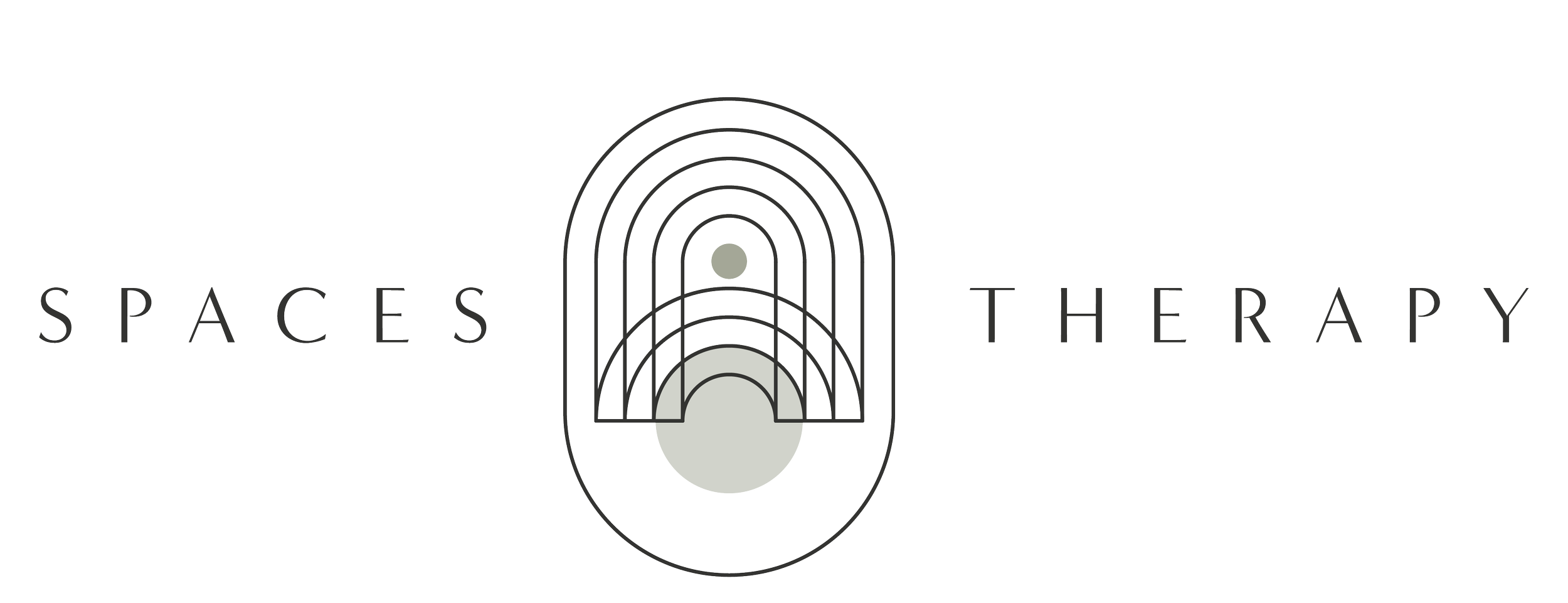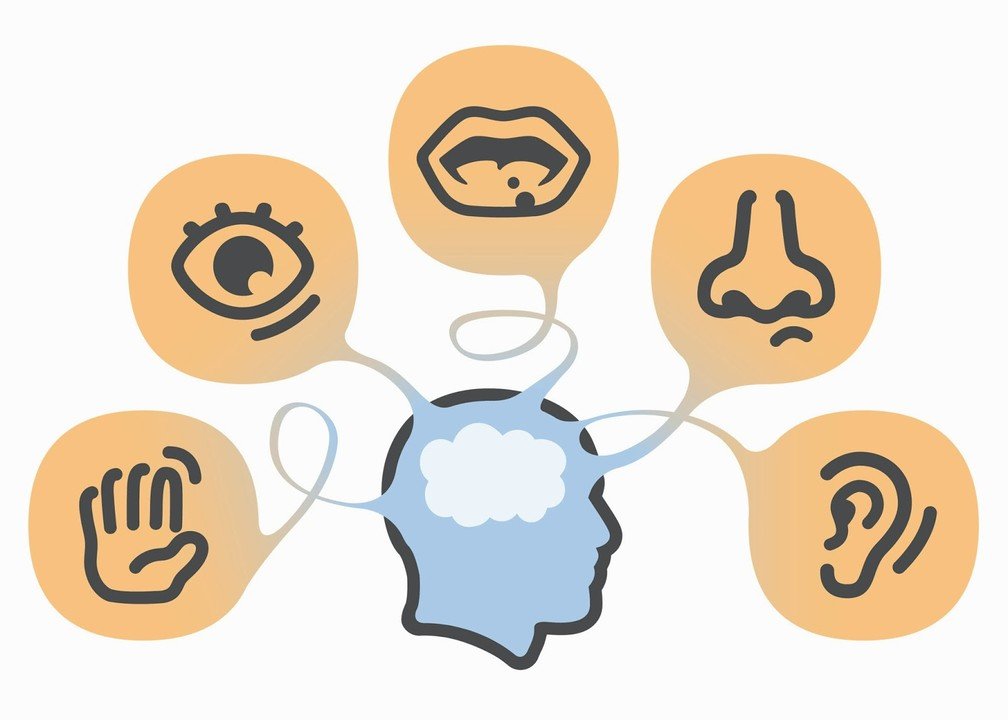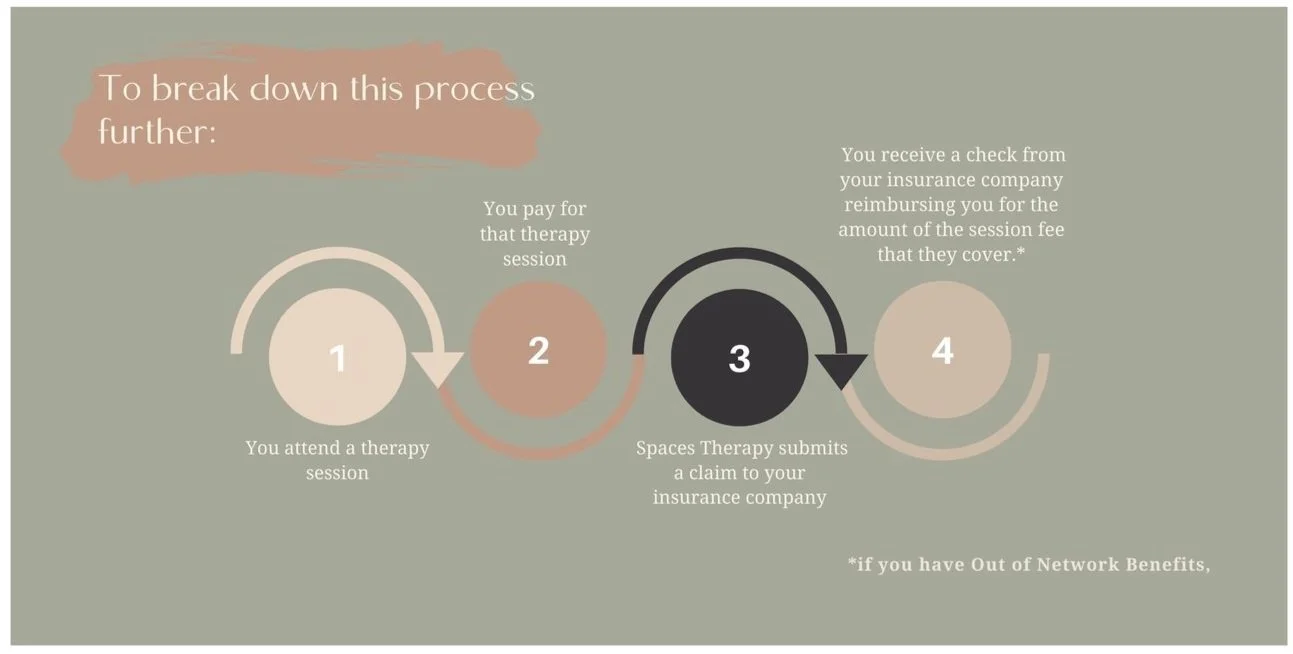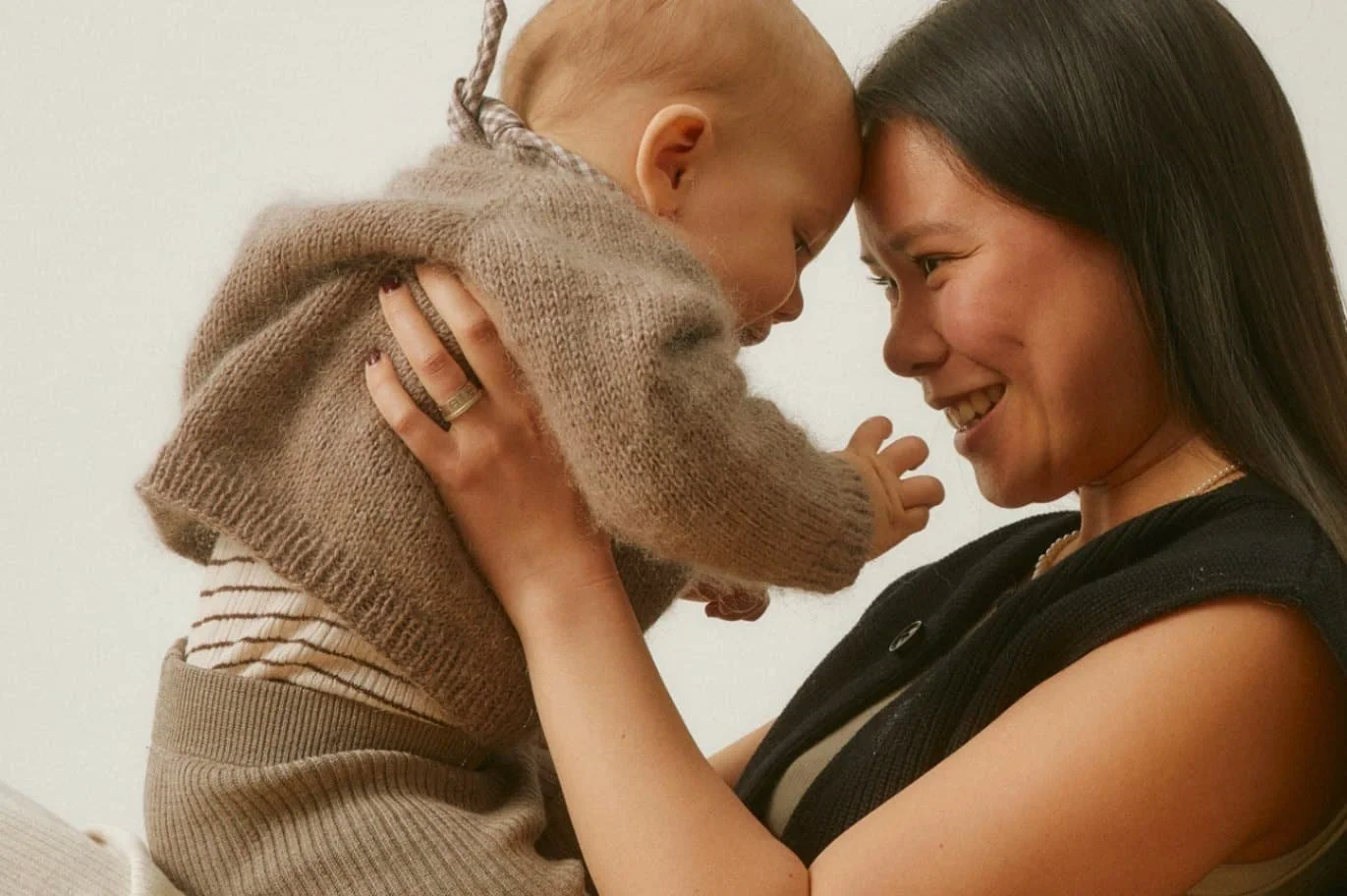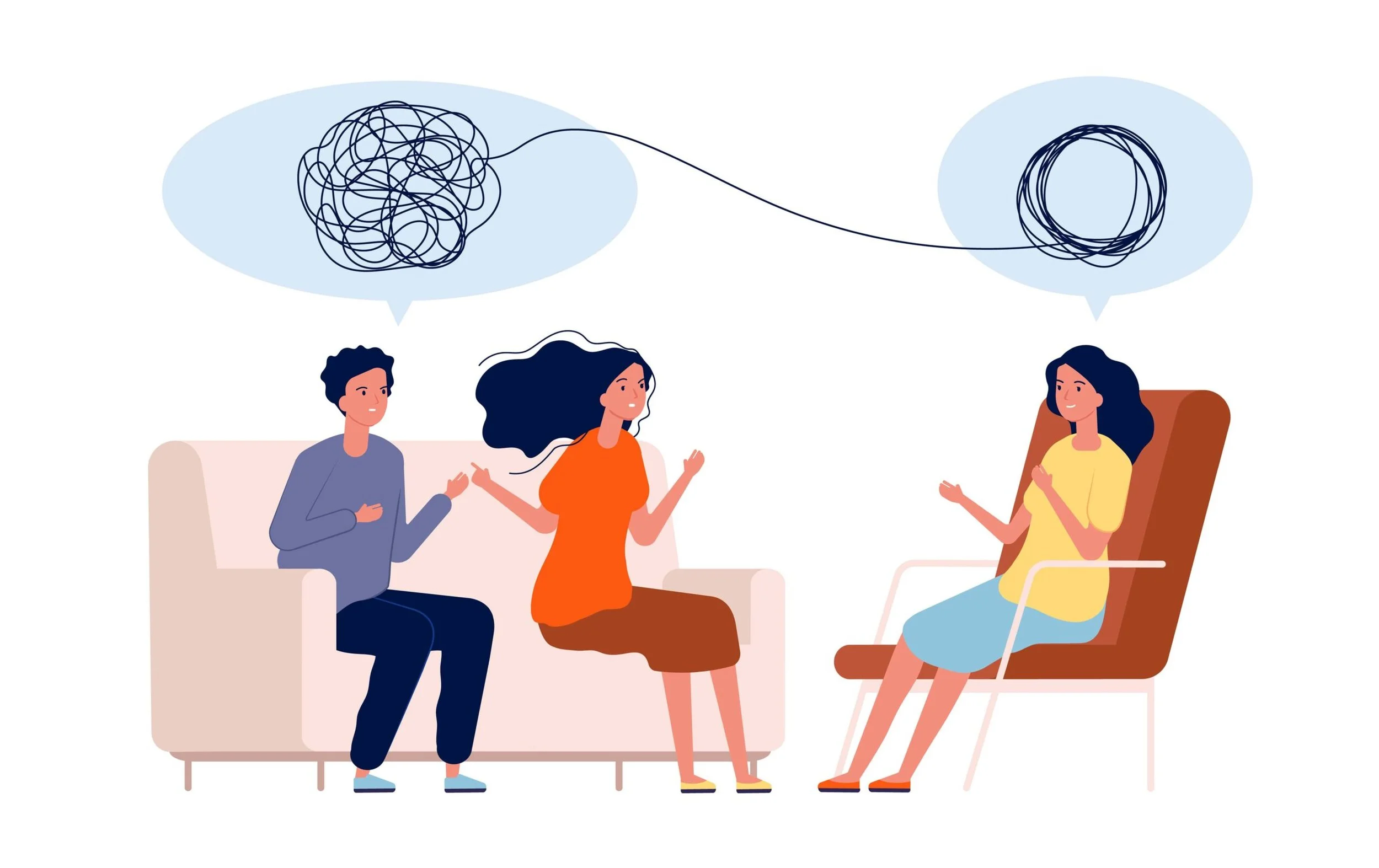ADHD, or Attention-Deficit/Hyperactivity Disorder, doesn't just affect focus and organization—it can also have a deep and lasting impact on romantic relationships. If you or your partner has ADHD, you may have noticed patterns of miscommunication, emotional disconnect, or recurring conflict that seem hard to break.
Read MoreToxic masculinity refers to cultural norms and expectations that define "real" manhood in narrow, harmful ways. These norms often discourage emotional expression, promote dominance over others, and equate vulnerability with weakness.
Read MoreAs a practice, we place a high value on meaningful and authentic relationships. Over the years, this effort has naturally evolved into finding and creating spaces for genuine community. These efforts extend into all kinds of relationships, including inter-professional networks, local neighborhood collaborations, training and workshop offerings, low-fee/easy-entry therapeutic offerings…
Read MoreRecognizing that you have experienced trauma is the first step toward healing. Many individuals struggle with invalidating their experiences, thinking they are overreacting. Seeking support from a therapist who understands religious trauma can be instrumental in validating your emotions.
Read MoreIn a city like Los Angeles that can feel fast paced and isolating, finding a safe space to express emotions and share struggles can be challenging. Group therapy offers a powerful avenue for healing, growth, and support.
Read MoreWhile it might not be a clinically recognized diagnosis, high-functioning anxiety is a term that resonates deeply with those who feel its unique challenges. Understanding what it means and how it differs from more typical experiences of anxiety can provide valuable insights for those navigating it and those seeking to support loved ones.
Read MoreThe holidays can be a wonderful time of connection, celebration, and reflection, but they can also be challenging for many of us when it comes to our relationships with our bodies. Amid festive meals, well-meaning but unsolicited comments, and the pressures of New Year’s resolutions, staying grounded in body neutrality can feel like a tall order. But it is possible. Here’s how you can navigate this season with compassion, curiosity, and a focus on what truly matters.
Read MoreAt Spaces, we’ve worked with couples across cultures, stages, and struggles and the decision to seek therapy often represents both a risk and an act of courage. Therapy is not simply a place to “fix” what feels broken—it’s a place to understand, to reveal, to question, and, sometimes, to redefine. So, how do you know when it’s time?
Read MoreHealers Hang, Fall 2024 Gallery - Bringing our healing community together for our semi-annual mixer. If you're a healing professional and you aren't currently on our invite list, please join our list, linked in the post.
Read MoreWhile some families may enjoy stress-free holidays together, others may face more challenging dynamics, such as unresolved conflicts, unsolicited advice, or criticism. Boundaries are a way to communicate what feels safe, comfortable, and respectful for you. When set with care, they can lead to more authentic, enjoyable interactions with family members.
Read MoreOur culture tends to compartmentalize grief, to privatize and pathologize it, to render it something to be overcome or dismissed. In the West, we regard grief as something to “get over” as though it’s a temporary malady we should quickly recover from. Yet grief is not a single event but an abiding relationship.
Read MoreChoosing a therapist is a deeply personal journey, and finding the right match can be crucial to the success of your therapy experience. A good therapeutic relationship isn’t just scheduling sessions—it’s about building a trusting, comfortable, and productive partnership.
Read MoreVergence is a technique that was developed out of a type of therapy called brainspotting. It uses your changing eye movements to help reduce anxiety and panic symptoms.
Read MoreGrounding is a part of mindfulness in which you are directing your thoughts away from distressing thoughts/experiences and guiding it toward the present. This can be particularly helpful when feeling overwhelmed by certain thoughts or emotions. Grounding techniques are designed to help individuals dealing with trauma, panic attacks, or other intense emotional experiences.
Read MoreBrainspotting therapy makes use of this natural phenomenon through its use of relevant eye positions. This helps the brainspotting therapist locate, focus, process and release a wide range of emotionally and bodily-based conditions including trauma, dissociation, and a variety of other challenging symptoms.
Read MoreAs a practice, our values are to create a therapeutic environment that balances sustainability, inclusivity, and empowerment. As a result, our practice has made the conscious decision to not directly accept it. Our main reasons for this include maintaining therapist sustainability, protecting client privacy and agency, and preserving clinical autonomy.
Read MoreYet how do we find the balance between taking the job seriously enough, and yet not losing sight of the fact that perfection is impossible. In fact, I would even go so far as to say that striving for perfection in parenting can potentially be very harmful. Hear me out: messing up as a parent really matters; it actually makes your kids more adaptable, self-aware, and able to develop secure relationships.
Read MoreRelationships require work. They ebb and flow depending on life transitions, (ie. changes in work, additions to the family, grief, relocating to a new place etc.) and it can impact the relationship or surface previous issues that may not have caused conflict/distress in the past. Each couple has their own timeline for how and when they might find themselves seeking out couples therapy, but it can be helpful to know what to expect.
Read MorePlay therapy is a widely used therapeutic method that capitalizes on a child’s natural curiosity and propensity toward play to help uncover and address underlying emotions and psychological distress. There can be misconceptions about how play can be used therapeutically. Here are some common myths about play therapy as well as the reasoning behinds its effectiveness.
Read MoreAs June approaches, a vibrant wave of celebration, solidarity, and inclusivity fills the air, signaling the arrival of Pride Month. This annual commemoration not only recognizes the resilience and achievements of the LGBTQ+ community but also serves as a powerful reminder of the importance of acceptance, understanding, and mental well-being.
Read More